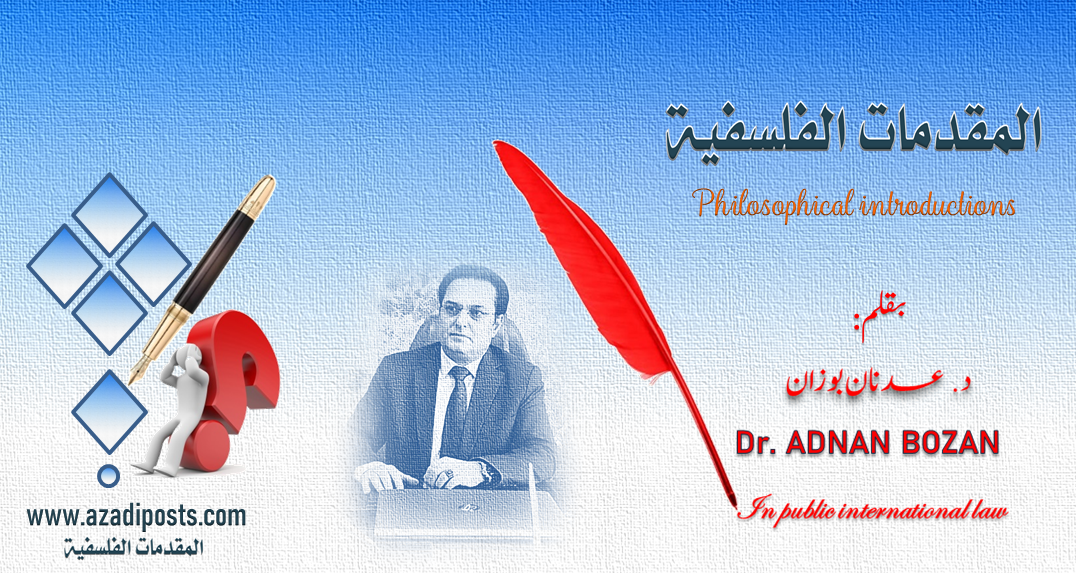
By: Dr. Adnan Bozan
When power monopolizes the right to speak, truth no longer remains a mirror of reality but turns into a mirror of the ruler's image of himself. In this philosophical conception, the boundaries of reality blur with the official narratives imposed on us, and the distinction between what is real and what is merely a representation determined by the ruling power fades away. The relationship between power and language goes beyond simply controlling vocabulary; it extends to reshaping reality itself. In a world driven by power, where force imposes its dominance over speech and action, truth becomes a fluid concept, shaped according to political interests, no longer something fixed tied to reality as it is, but as projections of the dominant power’s vision.
In classical philosophies, truth was known as "the alignment of thought with reality," and was considered a faithful mirror reflecting the material world as it is, or at least as the human mind can perceive it. However, with the rise of regimes that monopolize the right to speak, truth is no longer that straight mirror reflecting reality, but becomes a tool for imposing the impressions built by power. In these regimes, "truth" is presented according to their own interests and limited perceptions. In this context, truth transcends being merely a reflection of things as they are, becoming a powerful tool that reconstructs "reality" in alignment with the image of power, and is linguistically shaped to serve its political and social agendas.
This shift in the meaning of truth goes beyond superficial distortion to a systematic reshaping of reality itself. In authoritarian systems, language becomes a tool for creating the "official reality," which is imposed on individuals and repeated until it becomes an integral part of their daily experience. The distinctions between what is real and what is announced, between living reality and the "official narrative" imposed by power, disappear. This narrative is not merely an interpretation of facts, but a reinvention of reality itself, wrapped in a suitable mold and stuffed into the collective consciousness of the people until it becomes the only truth they can believe in.
What we witness here is not just a fleeting "lie," but a profound transformation in the very nature of truth itself. Truth becomes a blend of media performance and linguistic creation, through which power shapes a fabricated reality, presenting facts in a way that does not fully reflect reality but reinforces what power wants to be seen and understood. Thus, truth transforms from being a mirror of the material world into a distorted image that reflects only what power wants people to see. In this context, power becomes not only the holder of the right to determine facts, but also the one who reshapes reality itself, making the truth of power the only available truth.
Through this systematic manipulation of facts, a deeper issue arises concerning the very existence of the human being in a world linguistically and intellectually reshaped. Under this false truth, the individual becomes trapped in a network of parallel narratives, surrounded by a world in which they cannot trust their tools of perception. This continuous erasure of the authentic truth leads to "cognitive alienation," where the individual is in internal conflict with themselves and their reality, unable to distinguish between what is real and what is manufactured. In this way, this manipulation creates two realities: one is real, the other is declared, but in the end, the human being remains lost between these two realities, unable to distinguish between truth and deception.
This condition leads to the formation of a distorted consciousness and a parallel reality revolving around power, where truth is only seen through the filters of force, deepening the gap between the individual and their true reality, making them face a world in which they cannot believe what they see, but only what they are told they must see. This philosophical dilemma reveals a new dimension in understanding the relationship between language, power, and truth, and affirms that truth is not just what is seen, but what is imposed upon us to see.